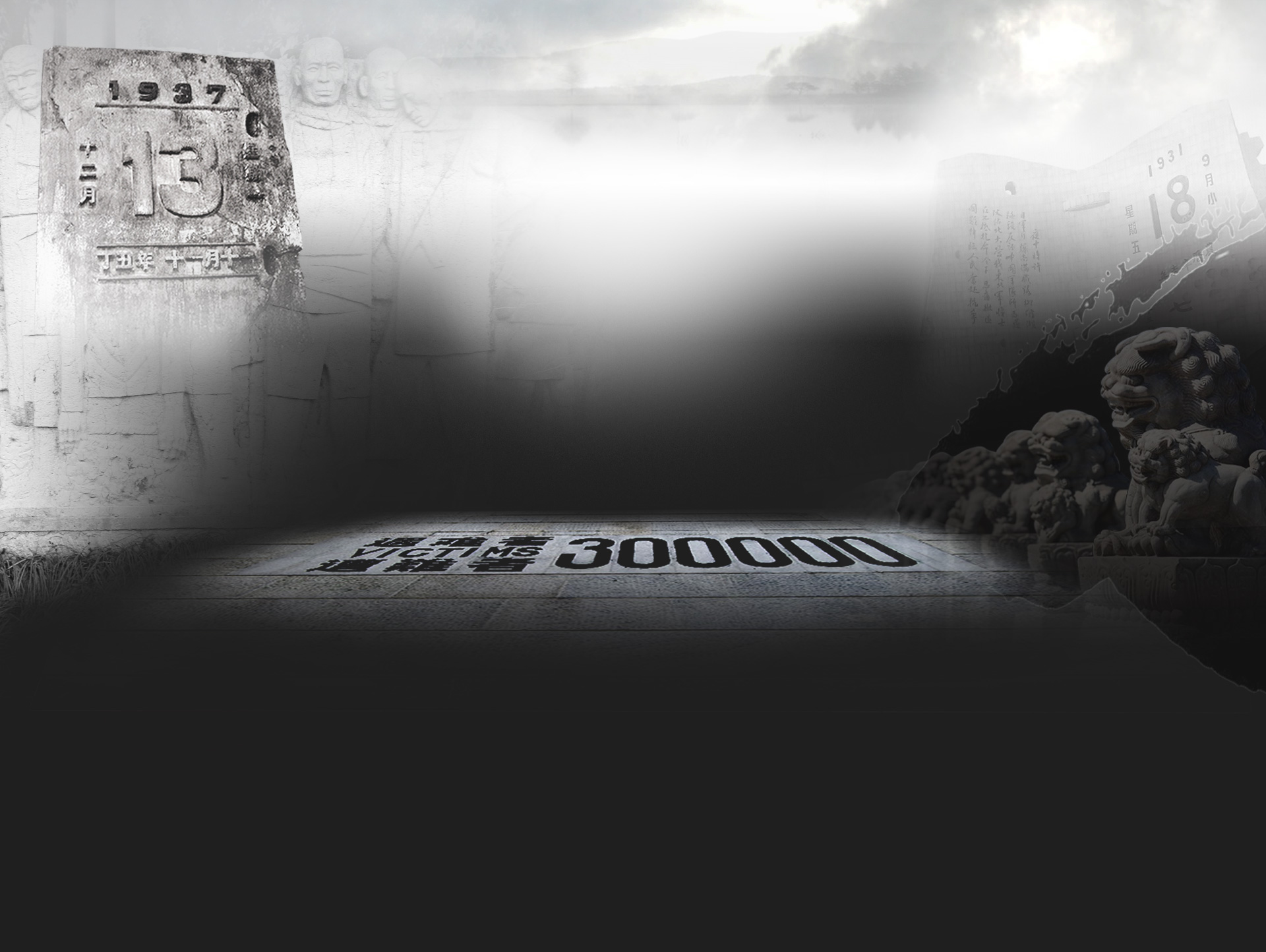HOHHOT, April 4 (Xinhua) -- People who find burning fake money on Tomb-sweeping Day insufficiently ostentatious for their new monied tastes are trying something new.
Ma Hongzeng has been in the funeral business for many years in central China's Henan Province. "I sold traditional offerings like paper money, cakes and fruit, but with social changes, those offerings needed to keep up with the times," he says.
Since early 1990s, Ma's wares for the dead have changed from paper replicas of television, sedans and mattress to iphones, luxury liquor brands such as Wuliangye and Kweichow Moutai, even now education certificates and immigration cards. These curious offerings are on sale at stalls near cemeteries or on online stores.
"Life has improved greatly in China. People think the dead should have a taste of these enormous material gains," Ma said.
His view is echoed by farmer Wang Hexiang. Besides paper money and firecrackers this year, she and her sisters went to the graveyard with a bespoke paper limousine which cost about 30 yuan (nearly five U.S. dollars) and an awful lot of money for a Chinese smallholder.
Wang's father did not have chance to sit in a car when he was alive, so his daughter wanted to mourn him by this way. "I know it is superstition, but I want to express my appreciation for my dad," she said.
Wang burned both traditional and new-fangled offerings on the grave of her dad on Friday and hoped he lived well in the next world, but these swank sacrifices for the dead have sparked criticism.
Hohhot citizen Ma Qiang is among the opponents. "Tomb-sweeping Day was a traditional Chinese holiday to worship ancestors. Those weird sacrifices run counter to this purpose." Ma Qiang said burning paper replicas polluted the environment and could start a fire.
Netizens argue that the luxurious sacrifices were nothing more than showing off. "I once saw paper replicas of BMW or Mercedes sedans, and even fake mistress dolls at a stall. It is better to take good care of our family when they are alive rather than dead," posted one.
Li Wanpeng, a literature professor at Shandong University, said no matter how poor a Chinese person was, he would at least place a piece of yellow paper on the grave of ancestors.
But the newly wealthy don't think a little piece of paper shows enough to their ancestors, which is why iphones, cars and villas sprang up, Li said.
"This phenomenon is also apparent in the culture of today's China. With material progress, it becomes reasonable for people to create new offerings, but fashion and extravagance blemish our ancestors' souls and disturb their afterlife peace," said Wu Guanghui, a cross culture scholar with Xiamen University.
